Rigorous impact evaluation – funding programme
Stronger anchoring of rigorous impact evaluations (RIEs) in German development cooperation contributes to making development policy more evidence-based and effective. Through the RIE funding programme, nine RIEs in German development cooperation are funded. The implementing period of the RIEs is from March 2023 to September 2025.
Information on the funded research projects:
The funding programme at a glance:
- Focus:
-
RIEs of interventions in German development cooperation funded by the Federal Ministry for Economic Cooperation and Development (BMZ)
- Eligible to apply:
-
German scientific institutions (universities and research institutions) in cooperation with German development cooperation organisations (governmental implementing organisations, church and civil society organisations, and foundations that implement development cooperation interventions and are based in Germany)
- Scope:
-
Approx. nine RIE research projects
- Duration of each RIE:
-
Up to 2.5 years
- Amount of funding:
-
Approx. 365,000 euros per RIE research project
- Funded by:
-
Federal Ministry for Economic Cooperation and Development (BMZ)
Dates and deadlines of the RIE funding programme:
- 21 August 2022:
-
Submission of descriptions of development cooperation projects
- 1 September 2022:
-
Publication of descriptions of development cooperation projects
- 25 September 2022:
-
Submission of expressions of interest by scientific institutions
- 30 November 2022:
-
Submission of funding applications
- 1 March 2023:
-
Funded RIE projects start
- 30 September 2025:
-
Funded RIE projects end
Background to the RIE funding programme:
Verifying the impact of development cooperation projects is a major challenge, which RIEs tackle. However, so far, RIEs have only been carried out sporadically in German development cooperation and have not been used systematically.
Why are RIEs not used more widely in German development cooperation?
The hurdles to implementing RIEs include the associated costs, a lack of awareness of their benefits and a lack of the skills needed for implementing them (Krämer et al., 2022).
This is where the funding programme comes in by providing funding as well as advisory and networking services.

